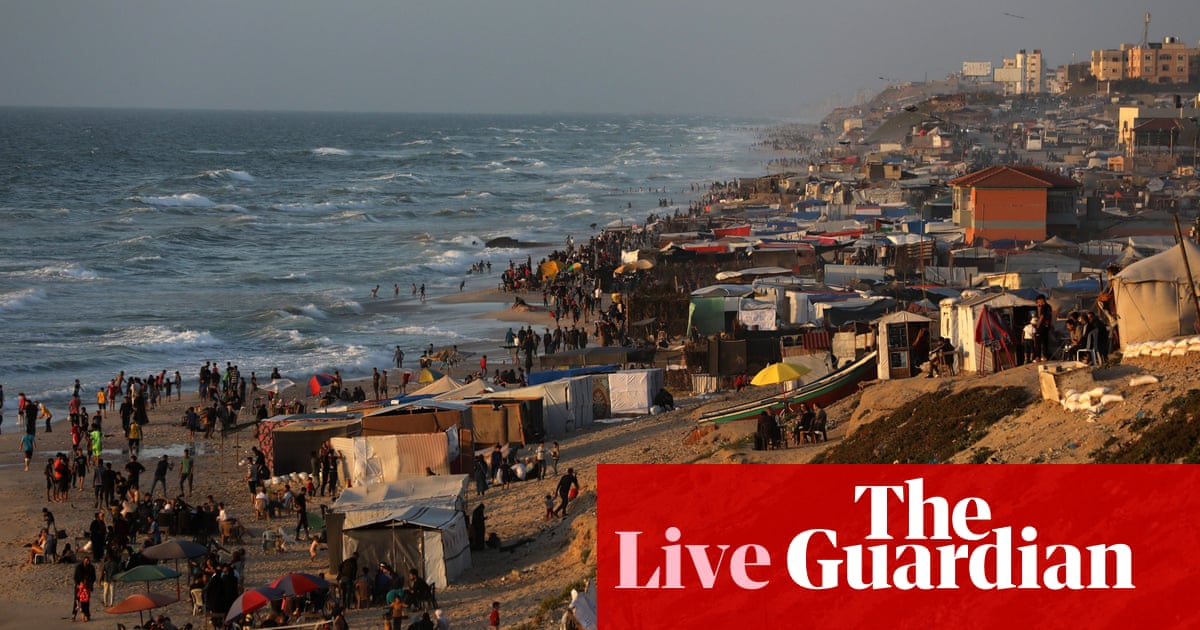
At least 500 doctors from state medical institutions have migrated abroad in the first eight months of 2022
Medical professionals have been sounding alarm, saying they are struggling to provide treatment to patients
COLOMBO: After they lost access to most medicine and medical supplies when their country spiraled into a financial crisis earlier this year, Sri Lankans are now also losing doctors as many migrate to the Middle East and Western countries with more opportunities.
People have been struggling with daily power cuts and shortages of basic commodities amid the worst economic crisis since Sri Lanka gain independence from the British in 1948. The island nation of 22 million officially defaulted in April, and without foreign currency reserves was left unable to pay for imports.
Medical professionals in the country that relies on imported drugs for about 85 percent of its pharmaceutical needs have been sounding the alarm for months, saying they are struggling to provide timely and adequate treatment to patients.
The working conditions and little hope for improvement have lately forced hundreds of them to leave, and according to Sri Lanka’s Foreign Employment Bureau the exodus is an increasing trend.
“There is a rising trend in professionals moving out of the island in search of greener pastures because of the current situation in the country,” the bureau’s general manager Priyantha Senanayake told Arab News earlier this week. “A good number of doctors too have left.”
Data from the Government Medical Officers’ Association shows that at least 500 doctors from state medical institutions have migrated abroad in the first eight months of 2022.
But the real number may be much higher. Dr. Ruvaiz Haniffa, former president of the Sri Lanka Medical Association, said at least 100 more doctors working in the private sectors have left too, while those who traveled for training and have not returned have yet to be counted.
“We do not have an accurate estimate of doctors sent by the state for overseas training on state expense who have decided not to return at least for the foreseeable future,” he told Arab News.
“For postgraduate studies they mainly go for Australia, New Zealand and Singapore. For employment to Australia, UK and New Zealand. Middle grade doctors mainly go for employment to countries in the Middle East especially Oman and UAE.”
And there was no way to prevent them from leaving, Dr. Haniffa added.
“The government, while being aware of this massive brain drain, is not proactively or even reactively trying to stem this not because it does not want to, but simply because it can’t.”
While official estimates are not yet exact, the magnitude of the situation can be illustrated by the fact that Sri Lanka has already lost 25 percent of specialists treating kidney diseases.
“Out of the 40 nephrologists in Sri Lanka, 10 have left the country,” said Omar Sheriff, general manager for Western Hospital in Colombo, the main kidney transplantation center in Sri Lanka.
“Most of them are going to the UK because they can not only get more lucrative income but also continue their higher studies.”
The possibility to progress in their career is for specialists one of the main forces motivating them to migrate as they do not see this chance coming to their crisis-hit country anytime soon.
A doctor from a leading government hospital in Colombo, who requested not be named, said that the medical profession has lately been “downgraded to a lower level in the society.”
With no supplies to perform their duties, medics have been under increasing pressure and facing increasing stress in a situation where their hands are tied.
“There is a dearth of important medicines to treat people,” the doctor said. “It’s a sorry state of affairs.”












